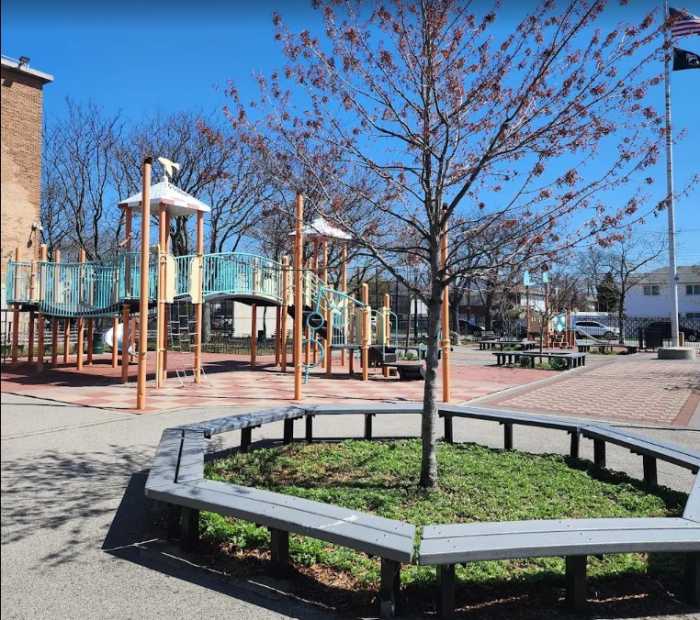By Adam Kramer
Queens has the largest senior citizen population of the five boroughs and Mayor Michael Bloomberg’s proposed $26 million cut to some of Queens’ vital elderly programs will have major repercussions.
The mayor, who is trying to close a $4.6 billion budget gap, has proposed cuts to many city agencies and programs, but the $26 million reduction in senior services will affect the Sixth Meal Program, transport availability and English as a Second Language classes for the elderly.
“We’ve been told it is a negotiation process and some of the cuts may not actually happen,” said Phyllis Tobin, division director of housing and senior centers at Selfhelp Community Services in Flushing. “But, we are looking at some things to take a hit.”
Cutting the Sixth Meal Program, which provides a Saturday meal to senior citizens on a fixed income, she said, will be tough on seniors who rely on the meal. Tobin said many seniors count on the food to provide them with one nutritional meal during the weekend.
Dr. Linda Leest, executive director of Services Now for Adult Persons in Queens Village, said she has concerns about transportation cuts to her program. She said SNAP, which has its own vehicles, would be hit hard by the budget cuts. These would include cuts in the discretionary funds from the borough president’s and local council members’ offices.
“My main concern is not getting people to SNAP but to the doctors, hospitals and to supermarkets,” she said. “They need to get out and remain in the community.”
Tobin said seniors have a hard time with access to public transportation. Car services are too expensive and van transports are also scheduled to be cut. Lowering the transportation budget will keep seniors isolated and homebound.
She said reductions in funds for English as a Second Language classes patronized by the elderly will directly affect Queens because it is the most diverse county in the country.
“We are a borough of immigrants who want to learn English and want to become citizens,” she said.
Tobin said directors of senior programs know they will face cuts and are not immune from the shrinking budget. But, she said, the city should make its cuts cautiously because some medical programs are less expensive than the health costs seniors may incur without these services.
Homebound and isolated senior citizens could face psychological and emotional problems, while the lack of food could cause nutrition problems, she warned.
Leest said it has been proven that “socialization helps people stay healthy.”
Neil Heyman, president of Southern New York Association, a nursing home trade group in Manhattan, said nursing homes should not feel much impact from the cuts because most of a nursing home’s budget comes from state and federal funds.
He said Medicaid billing accounts for 75 percent of the nursing home budget, while Medicare reimbursement provides another 10 percent and commercial insurance and private payments generate the rest.
Reach reporter Adam Kramer by e-mail at Timesledgr@aol.com or call 229-0300, Ext. 157.




































